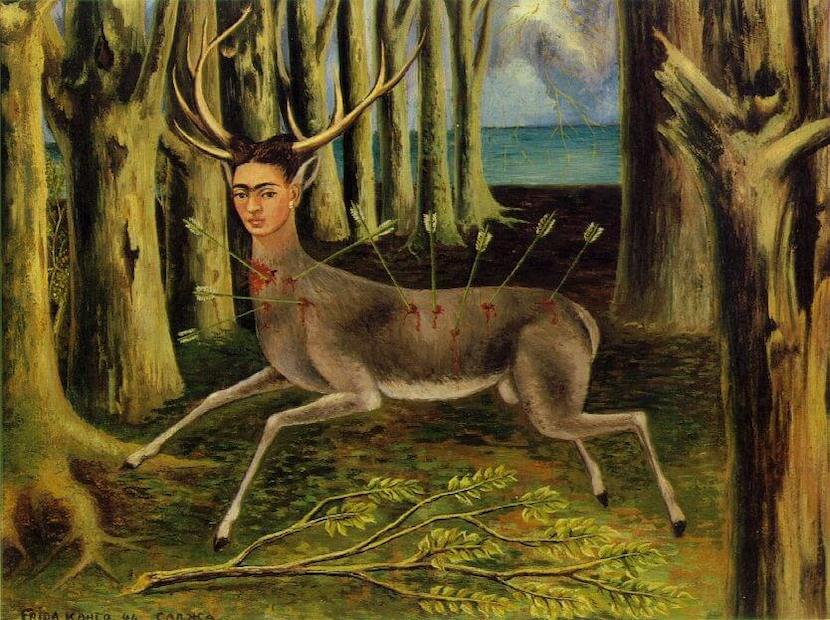In 2022, love doesn’t look quite like the fairy tales and romcoms many grew up watching. In the age of the pandemic and dating apps like Tinder and Hinge, it can feel like love is near impossible to find. Zoom and FaceTime dates have made it awkward and difficult for many to put themselves out there. Authenticity is also a significant area of concern; you can never be sure who you’re talking to online.
Netflix’s new documentary “Tinder Swindler” is a cautionary tale about the modern dangers that exist on dating apps. The documentary follows three women who were conned out of hundreds of thousands of dollars by Shimon Hayut, a.k.a Simon Leviev, a scammer that used Tinder to lure his victims. Hayut would tell the women that he loved them and buy them expensive gifts and vacations. All the while, he was lying about being the heir of a diamond fortune and stealing their money.
While this story might seem extreme for the average dater, it reveals a lot about the dynamics of virtual dating. Cecilia Alegria, who calls herself La Doctora Amor or Doctor of Love, has been studying love and relationships for most of her life. She has written two books specifically about dating apps. I spoke with her in early February, hoping to unpack her thoughts on modern dating.
To Alegria, the story of the “Tinder Swindler” is about somebody who doesn’t believe in love at all. “We see ourselves at two extremes: those who perceive love as a just feeling, with high expectations that it will work well all the time,” says Alegria, “and those who have become rather ironic, satirical critics of what love is.” In 2020 alone, the FTC reported that victims lost about $304 million from online dating scams. There is always a risk that a person on the other end of a dating app is actually fake or a scammer.
According to La Doctora, those storybook expectations about love and relationships ultimately fail naive daters. “[These women] didn’t know [Hayut], and they put their whole hearts into that relationship only to be scammed,” Alegria explains. Her number one tip for those going on dates with someone new: always make sure to Google them.
When a dater first begins talking to someone on a dating app, Alegria stresses the importance of looking for clear red flags like refusing to FaceTime or meet in person. If somebody is asking for money, it is always best to stay away. While these tips might seem crudely obvious, red flags aren’t always so easy to pick up.
“The first stage in almost all couples … is the infatuation phase. That is why we get that famous phrase that everyone says – love is blind,” Alegria says. She also says to watch out for love bombs, where a new person will start to talk about kids and marriage within the first couple of conversations. According to Alegria, that usually points to somebody who has nefarious intentions or who might not have realistic relationship goals.
Intentions can sometimes be difficult to measure up, especially online. “[Someone] may say they want something more casual or something more relationship-oriented, while they actually just want to hook up, or they are in for a really brief sexual experience or the other way around,” says 21-year-old Theo Hernandez, “and that’s just like, really confusing.”
Hernandez, who identifies as a gay cisgender man, has used Tinder, Bumble, and Grindr. Commonly referred to as a hookup app, Grindr is also a place for members of the LGBTQ+ community to connect in a safe and comfortable space.
“I feel like other dating apps are really restrictive. Meanwhile, on Grindr, there’s a lot of people looking for different things, even though it’s mostly sexual,” explains Hernandez, “It still does leave some room for other interests.”
Dating apps like Tinder, Bumble, and Hinge, designed with cisgender and heterosexual people in mind, can be challenging places for members of the LGBTQ+ community to find what they are looking for. These mainstream apps have made efforts to make their spaces more inclusive, like in 2016 when Tinder introduced 40 gender options to allow room for more gender identities on the app. While the change pointed towards some hopeful signs of progress, transgender users reported that they were getting repeatedly suspended or banned for no reason.
These issues are not just affecting trans and nonbinary daters. Lesbian users on Tinder have reported having cisgender men come up as they are swiping, despite having stated their dating preferences on the app. A new study published in the Journal of Research in Personality found that test subjects were 2.3 to 3.3 times less likely to swipe right on Black versus white users.
La Doctora cautions all daters — regardless of gender identity or sexuality — to use their judgment and intuition to weed out risky situations.
Victims who have fallen prey to scams or unfortunate situations often feel helpless, but Alegria points out that intelligent people also fall for scams. “We all want to believe in love,” she explains “Most people with good self-esteem think ‘It may be true that after seeing my profile, reading what I wrote, listening to me talk on the phone … that person has already detected that I am a good candidate for a relationship.’”
Even the doctor of love has fallen victim to ignoring red flags and becoming entangled with a scammer. Alegria says that when she first became a widow, she dated questionable men. Once, she dated someone who lived in another state, who said he didn’t have enough money to see her. The two finally met up, only after Cecilia suggested meeting him halfway.
“He was like a gigolo scammer. But we were more or less the same age,” Alegria says. “When I arrived, he told me, ‘Hey, you know I’m bad financially, it’s good that you’re staying in a hotel because I don’t have a place to stay.’” After that, he continued to ask her to pay for things until finally, Alegria had enough.
“I told [him], ‘I’m very sorry, but I didn’t come here for you to use me as a wallet. It was nice meeting you, but I’m totally disappointed.’” Alegria understood then that he never wanted to pursue a serious relationship with her. “He was broke and he wanted to take advantage of me. That’s why he was always looking for excuses not to come to see me in our long-distance relationship.”
Taking a chance on love has never been easy, but in the online dating world of the 21st century, there are unique risks that come attached to looking for the one. Avoiding scams is possible as long as daters take precautions when meeting people and remain vigilant throughout their relationships. And for LGBTQ+ and queer people, the user experiences of dating apps makes it doubly difficult to date. Still, humans will always have a strong desire to connect and find love. While swiping right in today’s age can lead to fulfilling relationships, knowing the risks can help you find something authentic.









